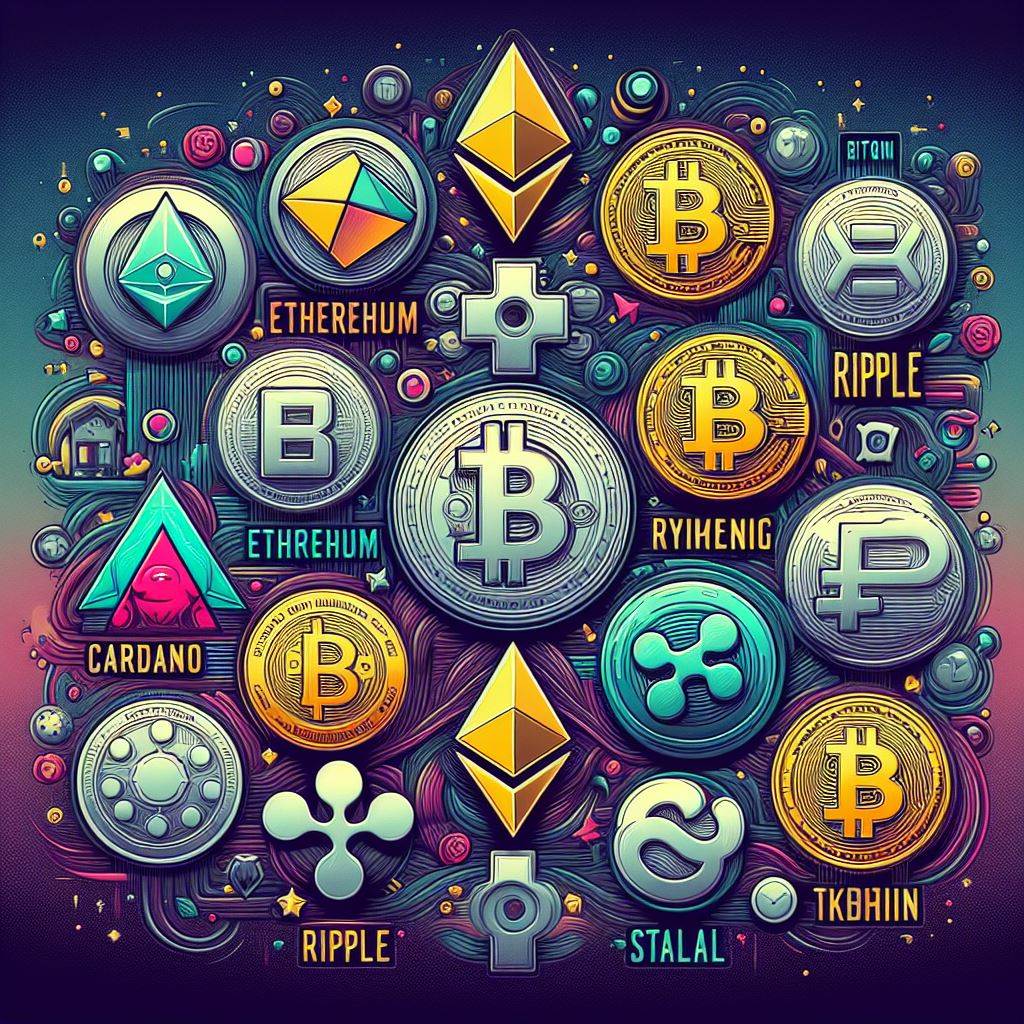18 December 2023
Cryptocurrency history: a guide to the world of digital finance
Over the past decades, cryptocurrencies have become an integral part of the global financial system, offering new perspectives for investors, entrepreneurs, and everyday users. This epic journey began with the creation of Bitcoin and has led to numerous innovations and challenges. Let’s go through the key stages of the cryptocurrency history, delving into the world of digital assets.
-
Genesis of the idea (1980-1990): precursor to digital money
The concept of electronic money began to take shape in the late 20th century. In 1983, David Chaum proposed the concept of electronic money using cryptography to ensure security.
-
Emergence of Bitcoin (2009): money’s revolution
In 2008, under the pseudonym Satoshi Nakamoto, the white paper “Bitcoin: A Peer-to-Peer Electronic Cash System” was published. The launch of Bitcoin in 2009 marked the beginning of the cryptocurrency revolution.
-
Altcoins era (2011-2015): diversity and experiments
With the success of Bitcoin, alternative cryptocurrencies such as Litecoin and Namecoin emerged. This period brought diversity and various approaches to blockchain technology.
-
Rise and ICO boom (2016-2017): a new perspective on funding
During this period, cryptocurrencies attracted investor attention. The Initial Coin Offering (ICO) funding method became popular, allowing startups to raise funds by issuing new coins.
-
Correction period (2018-2019): overcoming challenges
The year 2018 was a correction period for cryptocurrencies. Many ICO projects faced difficulties, leading to stricter regulations in various countries.
-
Resurgence and DeFi (2020-present): decentralized finance in the spotlight
In 2020, cryptocurrencies regained attention, and the concept of Decentralized Finance (DeFi) became a key trend. This opened new possibilities to bypass traditional financial structures.
-
New technologies and NFTs (2021-present): digital assets at the forefront
In 2021, Non-Fungible Tokens (NFTs) gained immense popularity, providing the ability to create unique digital assets. Large companies and institutional investors also began showing interest in cryptocurrencies.




